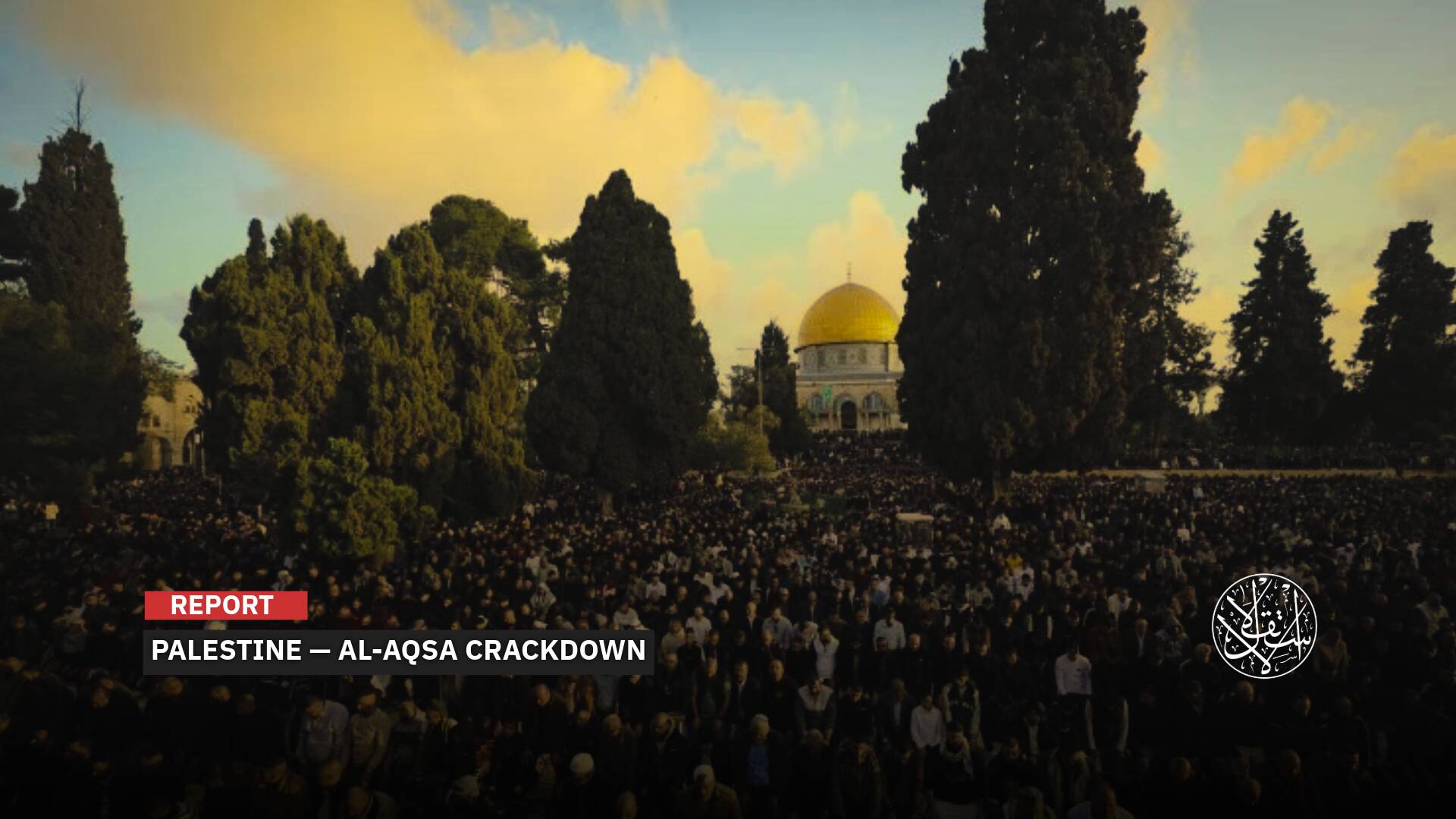How Did France Declare Its Moral Bankruptcy at Olympics Opening Ceremony?

The opening ceremony of the Olympic Games has sparked controversy, drawing criticism from intellectuals, religious figures, and politicians.
Organizers of the Paris Summer Olympics issued an apology to Catholics and other Christian groups who were offended by a controversial performance during the opening ceremony that parodied Leonardo da Vinci's iconic painting, "The Last Supper."
The segment, which included a re-enactment of Christ and the Apostles' final meal before the crucifixion, featured a transgender model and a naked singer, inciting outrage from the Catholic Church and conservative religious groups all over Europe and the United States.
Paris 2024 spokeswoman Anne Decca addressed the controversy at a news conference, stating, "Clearly there was never an intention to show disrespect to any religious group. If people have taken any offence, we are of course really, really sorry."
The Catholic Church in France condemned the performance, stating that it "included scenes of mockery and derision of Christianity."
Controversial Ceremony
The opening ceremony of the Olympic Games has sparked controversy, drawing criticism from intellectuals, religious figures, and politicians.
The focal point of their discontent is a drag queen performance that parodied Leonardo da Vinci's "The Last Supper," a depiction many believe portrays Jesus Christ and his disciples.
The Paris 2024 Olympic Games commenced with a grand opening on the Seine River, attended by a vast audience of guests, delegations from participating countries, and the general public.
Unlike previous Olympic ceremonies, athletes from 205 countries entered on boats navigating the river, accompanied by artistic performances featuring 6,800 athletes against the backdrop of Paris's historical landmarks.
However, some performances, particularly the theatrical rendition of "The Last Supper" by drag queens, faced severe backlash.
Critics accused the organizers of promoting homosexuality and deliberately insulting Christianity and other religions.
The figure of Jesus in the iconic painting was replaced by a naked man, interpreted by some as Dionysus, the Greek god of wine and revelry, known for his association with morally uninhibited festivities.
Marion Maréchal, a far-right French MEP, asserted that the portrayal did not represent France but rather a provocative minority.
Her critique was mirrored by National Rally MP Laure Lavalette, who questioned President Emmanuel Macron on the necessity of such a performance during the ceremony. French lawyer Fabrice Di Vizio announced plans to file a formal complaint against the depiction.
France, despite its Catholic heritage, maintains a tradition of secularism and freedom of expression, including blasphemy against religion.
Thomas Jolly, the artistic director of the ceremony, defended the show, emphasizing the freedom to love and believe as central to French values.
Hungarian Prime Minister Viktor Orban also condemned the performance, attributing it to the moral decline and disintegration of Western society.
Speaking in Romania, Orban argued that the ceremony's portrayal reflected a broader abandonment of spiritual and intellectual values, which he claimed are increasingly rejected by countries like China, India, Turkiye, and Arab nations.

“Sports Propaganda”
In the Palestinian territories, Abdullah July, the pastor of the Greek Catholic Church in Ramallah, denounced the portrayal as a severe violation of sacred values.
He warned of a systematic effort to undermine religious content and distort religious concepts, viewing the use of homosexuals in the performance as part of a broader agenda to eradicate religious influence and values from society.
The ceremony, labeled by some as the "worst opening," ignited a global backlash that many believe will leave an indelible mark on Olympic history.
Sports have always been portrayed to us as a competitive, entertaining act, completely isolated from deep and divisive influences.
The cultural connotations of the opening ceremonies were a cultural display focused on common global values, or a marketing display of the identity of the host country.
In this vein, Sherif Salem, a Moroccan Psychiatrist and researcher, portrays the Paris ceremony as a philosophical missionary work par excellence, calling it a "religious" prayer for the neoliberal civilization in its cultural aspect.
“This can be seen in this ceremony’s new religious products, from the worship of the body, and the promotion of homosexuality as a goal and purpose of human existence,” Salem told Al-Estiklal.
“France openly mocks Christ, and replaces him and his disciples, with a sensual gender painting, as a title for the victory of the God of "pleasure" over the God of pain, in a missionary cultural pattern,” he added.
“The Paris ceremony was a case of the superiority of the atheistic/neoliberal faith over all the religions of the world, and the cultures of peoples,” he noted.
According to Salem, Western capitalism and liberalism are no longer "dreamy" and "romantic" that herald goodness and peace to the world.
“It is a new metaphor for the philosophy of the Greek Olympic Games, and to extract it from its first religious mold among the Greeks, to a religious mold that expresses the new religion of the West with complete clarity,” Salem concluded.

Logistical Failures
These criticisms added to an array of issues, including inadequate food for athletes in the Olympic Village and chaotic transportation and communication systems.
The criticism extended beyond religious circles, with activists and media professionals globally denouncing the scenes as indicative of "Europe’s decadence."
In addition to the cultural controversy, logistical failures plagued the Olympic Village.
Numerous athletes complained about insufficient food supplies, particularly protein-rich items like eggs and meat. The Carrefour Group and Sodexo Live, responsible for food provisions, acknowledged the issues and promised to increase food quantities in response to the athletes' needs.
Transportation troubles further marred the event, with athletes experiencing significant difficulties traveling from their accommodations to competition venues.
German swimmer Angelina Kohler described the situation as chaotic, with some athletes resorting to lying on bus floors.
The Korea Times reported that South Korean swimmers had to relocate closer to the La Defense Aquatics Complex due to these issues.
Global media did not shy away from criticizing the opening ceremony. European and American outlets labeled it a nightmare for France, with Chinese media, such as the South China Morning Post, and Indian publications like the Hindustan Times echoing the sentiment.
Brazilian and Mexican media also expressed disappointment, branding the ceremony as the worst in history.
In contrast, many recalled the successes of previous hosts like Doha and Tokyo. Doha's organization of the 2022 World Cup and the 2006 Asian Games was praised for its emphasis on cooperation, love, and peace.
Similarly, Tokyo's handling of the 2020 Olympic Games, despite the challenges posed by the COVID-19 pandemic, was lauded for its exceptional organizational standards.
Critics argued that Paris had failed to uphold the Olympic and sports charters and respect humanitarian and religious norms.










